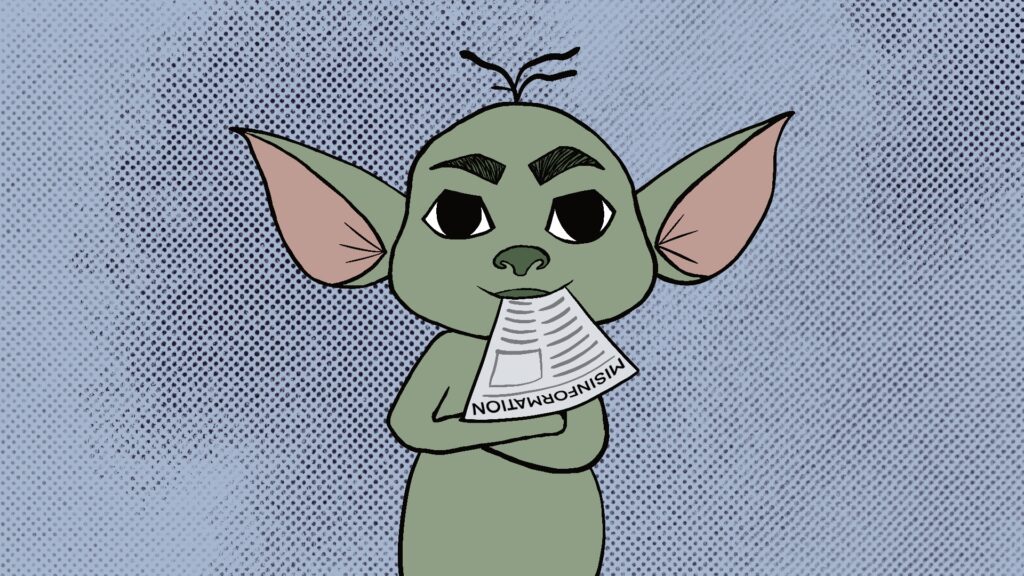Canadian journalists suggest how the industry can rebuild

Journalism is facing a tough choice: evolve or die.
With misinformation becoming more pervasive through social media and AI-generated content, it can feel a lot like the future of journalism is hanging in the balance. It raises skepticism in public affairs, such as misrepresented election coverage. Journalism has always thrived on asking tough questions, so here’s one for the industry itself: What should we do better this year?
To find out, the Review of Journalism wrote to journalists and media experts to share their hopes for 2025. The answers reveal an industry hungry for reinvention, offering a potential roadmap to what journalism might aspire to in the months ahead.
Don’t Feed the Troll

The pursuit of balance can sometimes become a trap in today’s polarized climate. “Stop reflexively considering ‘both sides’ of a story as equivalent,” says David Nieborg, associate professor of media studies at the University of Toronto. “Often, one side in a disagreement or conflict is clearly engaging in bad faith, which needs to be acknowledged as such by the author.”
Nieborg continues that as the wildfire of misinformation spreads, giving equal weight to baseless claims only fuels its flames. This resolution isn’t about silencing opposing opinions but ensuring that journalism distinguishes fact from fiction and amplifies credible voices over those who propagate fear and doubt for personal or political gain. It’s a call to use journalistic judgment—holding bad actors accountable without legitimizing their narratives ensures that journalism remains a beacon of truth rather than a platform for noise. “Sometimes,” Nieborg says, “you just do not need to feed the troll.”
Break Down Barriers
Jennifer Hollett, executive director of The Walrus, urges the industry to transform journalism away from being a one-way street to a conversation where journalists don’t just report on their audience but also listen to them. “Engage audiences,” she says. “Welcome and listen to feedback. Explain how we do our work. Meet people where they’re looking for news.”
Perhaps it’s through community forums, sneak peeks of behind-the-scenes, or simply more transparent reporting practices. Whatever the medium, the goal is to rebuild trust by making the journalistic process more transparent. Just “be human,” says Hollett. Meeting audiences where they are—whether that’s TikTok, newsletters, or TV—can help journalists bridge the gap between readers and reporters, reminding everyone that behind each headline are humans committed to telling the truth.
Ravindra Mohabeer, chair of Toronto Metropolitan University’s Journalism at The Creative School, says connecting people is what journalism has always done well and should continue. “In 2025,” he says, “I hope that journalism and audiences find a way to fall back in love with stories about people they don’t already know and things they may not have heard of.”
While we might feel exhausted and overwhelmed by divisive politics, celebrity scandals, and violence, this calls for a return to storytelling that expands horizons. Mohabeer says it isn’t about chasing clicks or retreading familiar narratives, but about igniting curiosity and empathy, showing audiences why the unknown matters. These stories can remind us of our shared humanity and be a bridge to understanding, rather than a source of division. “The world is more interesting when we want to know about each other,” says Mohabeer, “and we have good journalism that helps.”
Looking Ahead

As the new year unfolds, these aren’t just lofty aspirations but actionable commitments. They challenge journalism to not only survive but thrive in ways that deepen its connection to the people it serves. It’s easy for journalists and the public alike to feel discouraged about the impact of journalism. Tim Mak, founder of The Counteroffensive, a publication covering the war in Ukraine from a human-interest perspective, acknowledges the temptation to believe that journalism doesn’t matter and that exposing wrongdoing without delivering justice feels futile. But this cynicism, Mak argues, is a trap. He urges the industry to “fight as best as possible.”
For Mak, sometimes the simple act of uncovering the truth and presenting it to the public is the victory. Finding the truth and sharing it—even when it doesn’t change everything—is always a worthy pursuit. “Watergate set the standard for journalistic achievement,” he says. “The president of the United States was pushed out of office after it was exposed that he was part of a conspiracy of illegal wrongdoing. There’s a value in exposing it, to begin with, and providing that information to people.”
Here’s to the stories that surprise us, the truths that guide us, and the human connections that inspire us.
Let’s see where 2025 takes us.
About the author
Maya is in her fourth year of TMU’s Bachelor of Journalism program, pursuing a double minor in English and history in preparation for teachers college. Maya has published work with the Unaffiliated Press, where she discovered a passion for the editorial side of journalism. As an aspiring English teacher and self-proclaimed grammar nerd, Maya is excited to take on the challenges of Copy Edit Chief. In the rare moments when you find Maya without her eyes glued to a page, you can often find her scribbling down ideas for a book, guzzling espresso, or coaching youth soccer.

